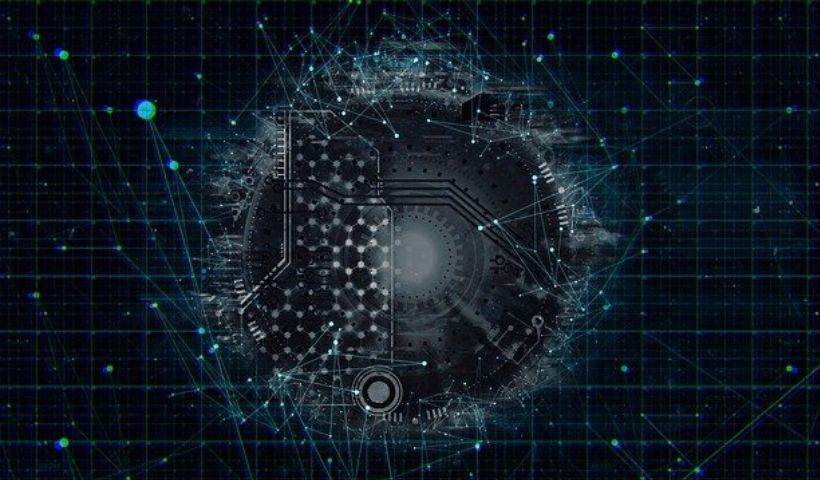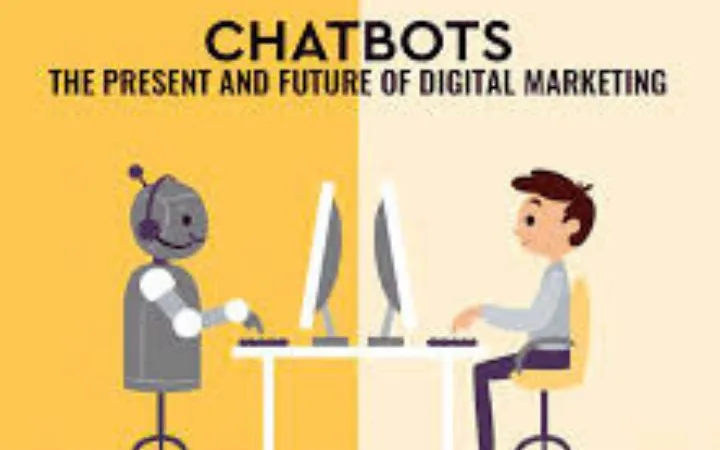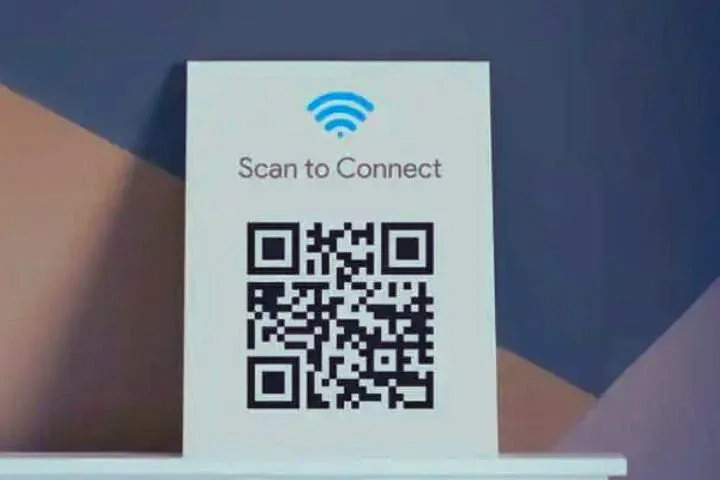Digital Challenges For Present Generation

Digital Challenges : With more than 4 hours a day on their phone, a teenager will spend more time on social networks than at school in 2022. Because the citizens of tomorrow are 14 today, the awakening of a digital conscience must be a great national cause of the next presidential term.
We are emerging from a period of naivety: faced with each problem, there is a binary solution. The weight of the schoolbags? Just give tablets. Too many Snapchats? Let’s raise the age of consent. Do young people film teachers in class? Ban cell phones at school. Added to this are bursts of lucidity is discovering the ecological impact of digital technology, the problems of computer sovereignty or the need to protect individual data.
This period is pivotal: the digital transformation is not over, but we are already entering the era of data. To properly understand this movement, let’s reconsider our vision of the world and challenge our certainties for the youngest.
Yes, information on social networks can destabilize a democracy. With the massive use of these platforms for daily information, young people are the target of disinformation campaigns that pose a real risk to our society.
Yes, the increase in the number of devices is an ecological inconsistency against which we must act and propose alternatives. If sobriety or recycling are the first avenues, let’s imagine a new legal and technical framework for personal and professional equipment.
Yes, the expansion of the present implies rethinking teaching and teacher training, much more in depth than we are doing today. Integrating distance into learning practices, using and diverting platforms, thinking differently about the relationship to knowledge.
Yes, cyberbullying is a real and lasting problem. We are only approaching the visible face of the iceberg, and we will be confronted, in the coming years, with more and more destructive behaviors increased by the use of algorithms.
Yes, parents are helpless in the face of this territory of freedoms that social networks represent. “What did you do on TikTok today? must complete the “what did you do in school today?” “. To understand the principle of flame on Snapchat is to begin to understand the mechanisms of digital addiction.
Yes, the rule of informed consent raises questions, because to be informed, you have to understand them. In a world where Google lawyers ask my 15-year-old daughter if she validates the TOS before accessing YouTube, it seems to me that there is a lag.
Yes, social platforms must report on the data used on our populations, especially if they are minors. Information must be open to researchers, pedagogues and parents. We must question the practices of the youngest to help them initiate this paradigm shift.
In the next 20 years, our teenagers will build the Europe of data. This is the right time to raise the awareness of young people on major issues around digital technology: how to develop responsible data that protects individuals, creates value for organizations and respects the planet?
At a time when your children are learning to code at school, how can you help them decode the world around them in the face of the predatory techniques of digital platforms?






